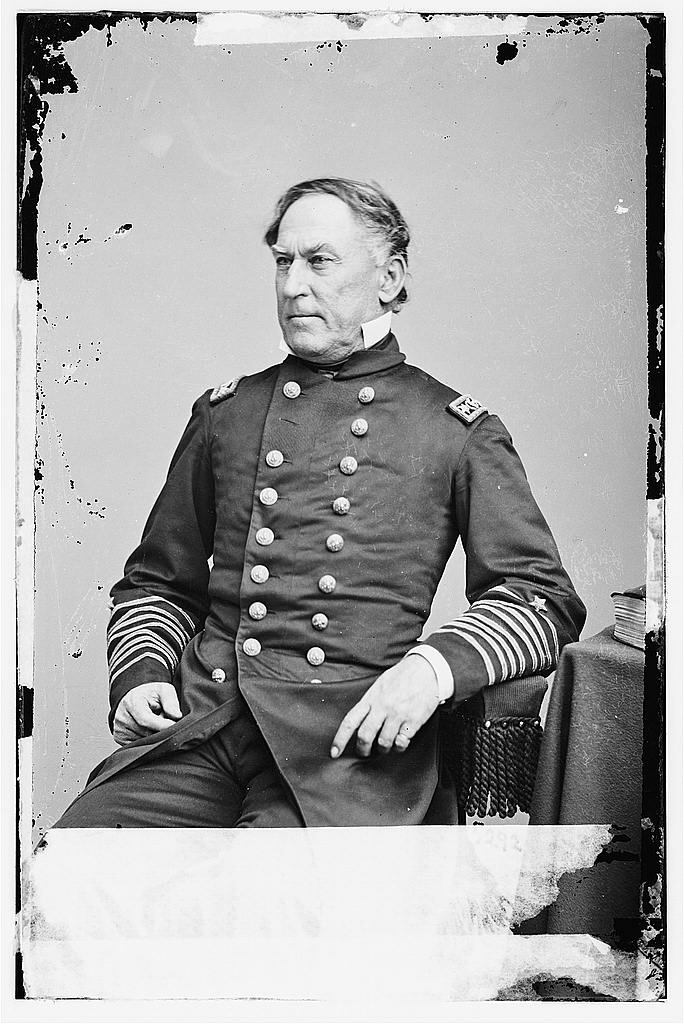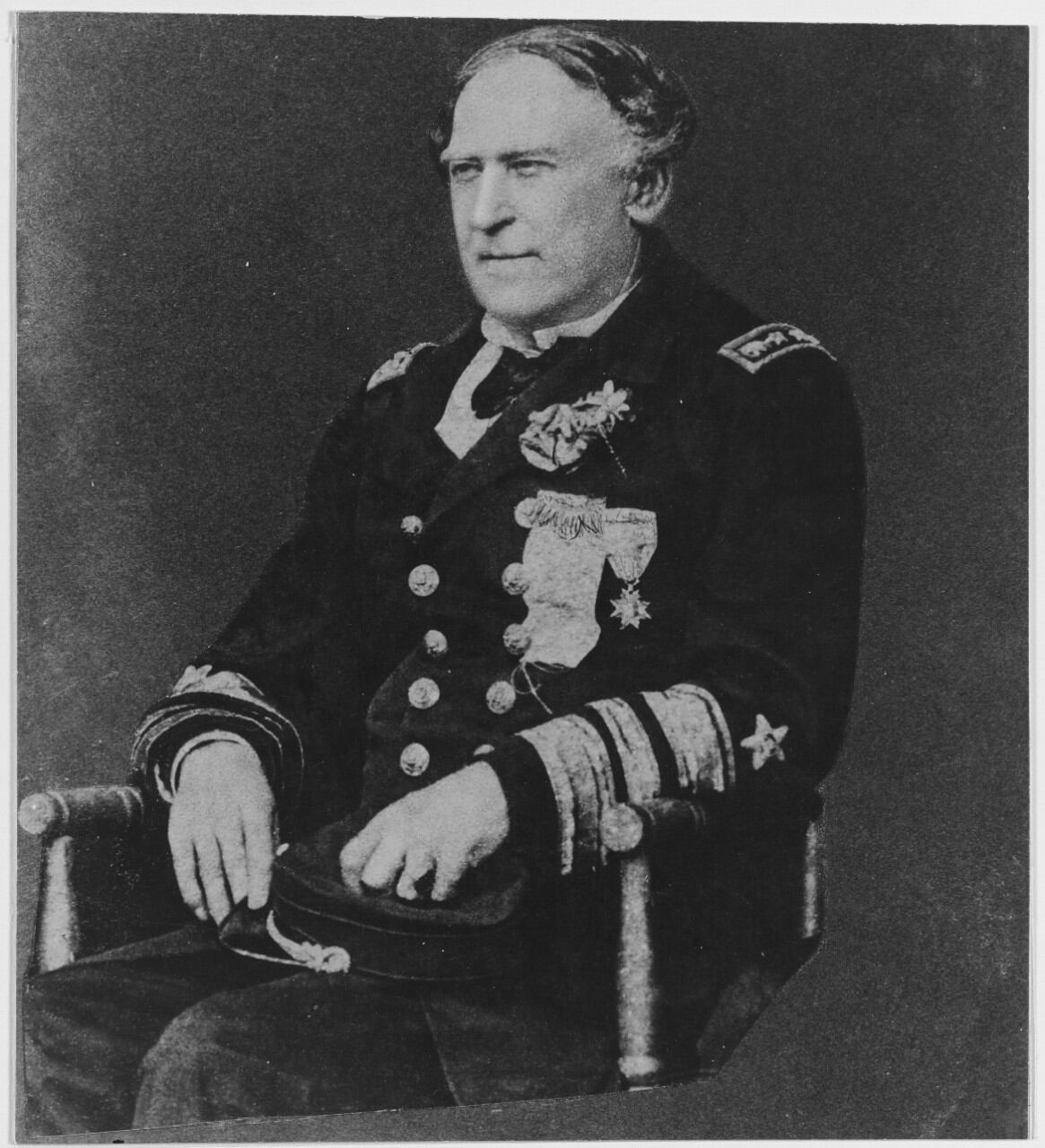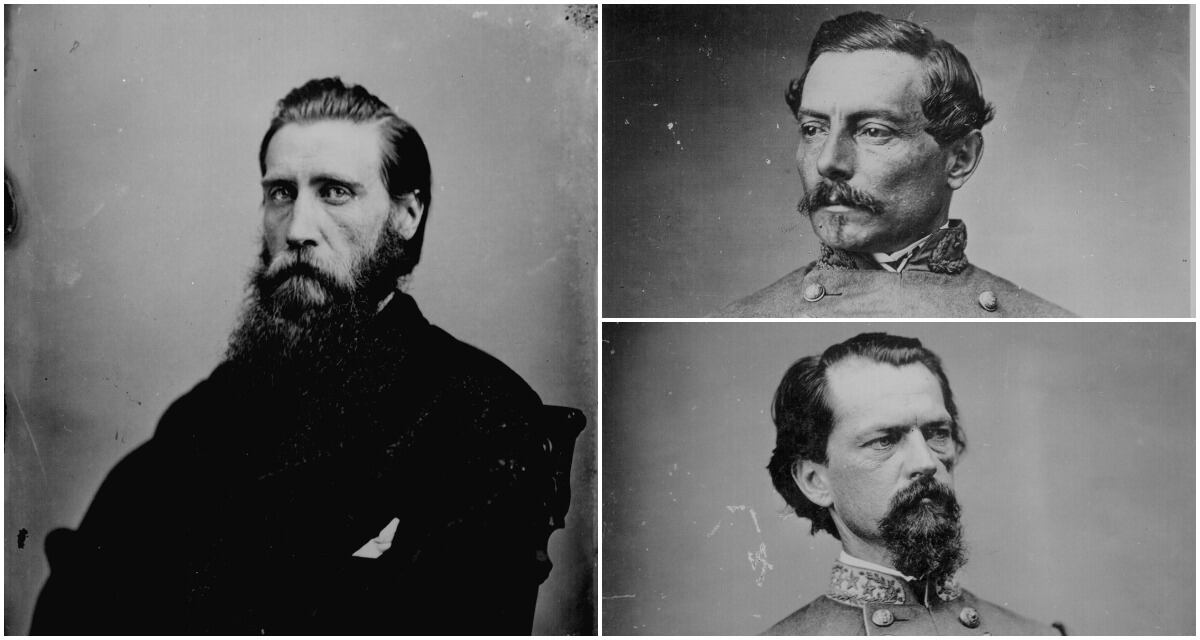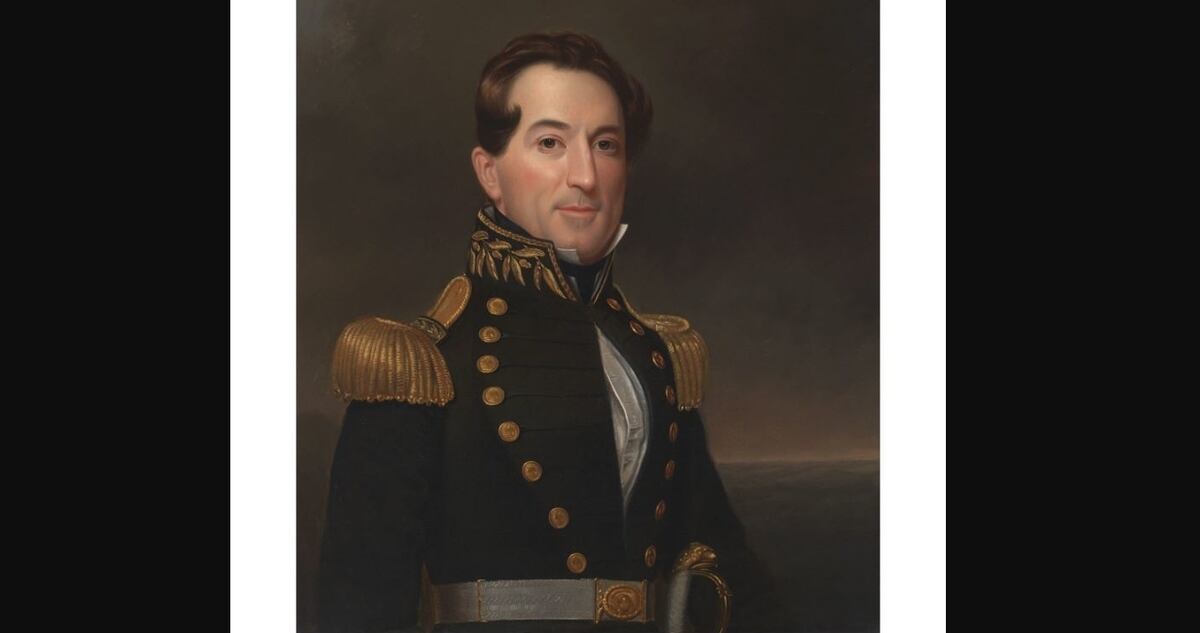NORFOLK, Va. — He was known as the man Norfolk never forgave.
David Farragut, the U.S. Navy’s very first admiral and a major player in Union Navy operations during the Civil War, called Norfolk home before the war.
But when Virginia seceded from the Union, his loyalty to the United States led him to flee north and continue to serve with the Union Navy — a "betrayal" that residents of this southern city didn't forget.
In 2016, more than 150 years after the end of the Civil War, Norfolk named a quarter-acre pocket park in Freemason after Farragut.
The park, essentially a small lawn and dog park at the corner of Duke and York streets, was dedicated in May.

The park’s name stands out in Norfolk history, and is perhaps indicative of a shifting attitude: Many public spaces and buildings in the city bear the names of Confederate military men. Farragut’s park is the first to recognize a Union officer.
Several school buildings have been named for Confederate military officers, including Maury High, named for Matthew Fontaine Maury, who resigned his commission in the U.S. Navy when the Civil War began in favor of serving as a commodore for the Confederates.
And, of course, there's the controversial monument to the Confederate war dead on Market Square downtown.
City historian Peggy Haile McPhillips said those cropped up in the early- to mid-1900s, when "there was still a lot of Confederate sympathy."
Lots of the city's place names date back before the Civil War, some even to colonial times like the cross streets where Farragut Park is located — Duke and York.
But there are few northern concessions. Several streets in Merrimac Park are named for Civil War-era Union vessels, though the neighborhood itself is named after the ship that became the famous Confederate ironclad Virginia.
There's also a Lincoln Street in Young Terrace, the public housing neighborhood named for the man who ran Norfolk's famous black newspaper the Norfolk Journal and Guide. Several schools and neighborhoods bear the names of local and national black activists and civil rights leaders.
But Farragut's recognition, whether intended to or not, mirrors a shifting tide elsewhere.

Many of the schools named for Confederate leaders like Robert E. Lee and J.E.B. Stuart have closed, and newer schools don’t bear those names.
The downtown Norfolk monument has been the target of protests, vandalism and now a lawsuit calling for its removal. The City Council unanimously said it wants to see the monument moved, but members authorized doing so only once it’s clear state law allows it.
Farragut's name was suggested for the pocket park by Jack Kavanaugh, a retired rear admiral known to many as the "Mayor of Freemason" who pushed to establish the park after a building there was torn down to make room for the light rail line.
Farragut had a long and illustrious naval career, spending 60 years in the service from the age of 9 until his death in 1870. He became the Navy's first full admiral in 1866, as well as the first four-star admiral, and is famous for his apocryphal order at the Battle of Mobile Bay: "Damn the torpedoes, full speed ahead."
RELATED

Farragut lived somewhere on Duke Street before the war, though historians don’t know exactly where, and married two women from Norfolk. But he was a patriot who did not support succession and became “the man that Norfolk never forgave,” according to McPhillips.
Maybe not forgiven, but a little piece of this city is now named in his honor.
“Don’t you think it’s time Norfolk forgave Admiral Farragut?” McPhillips asked recently.









